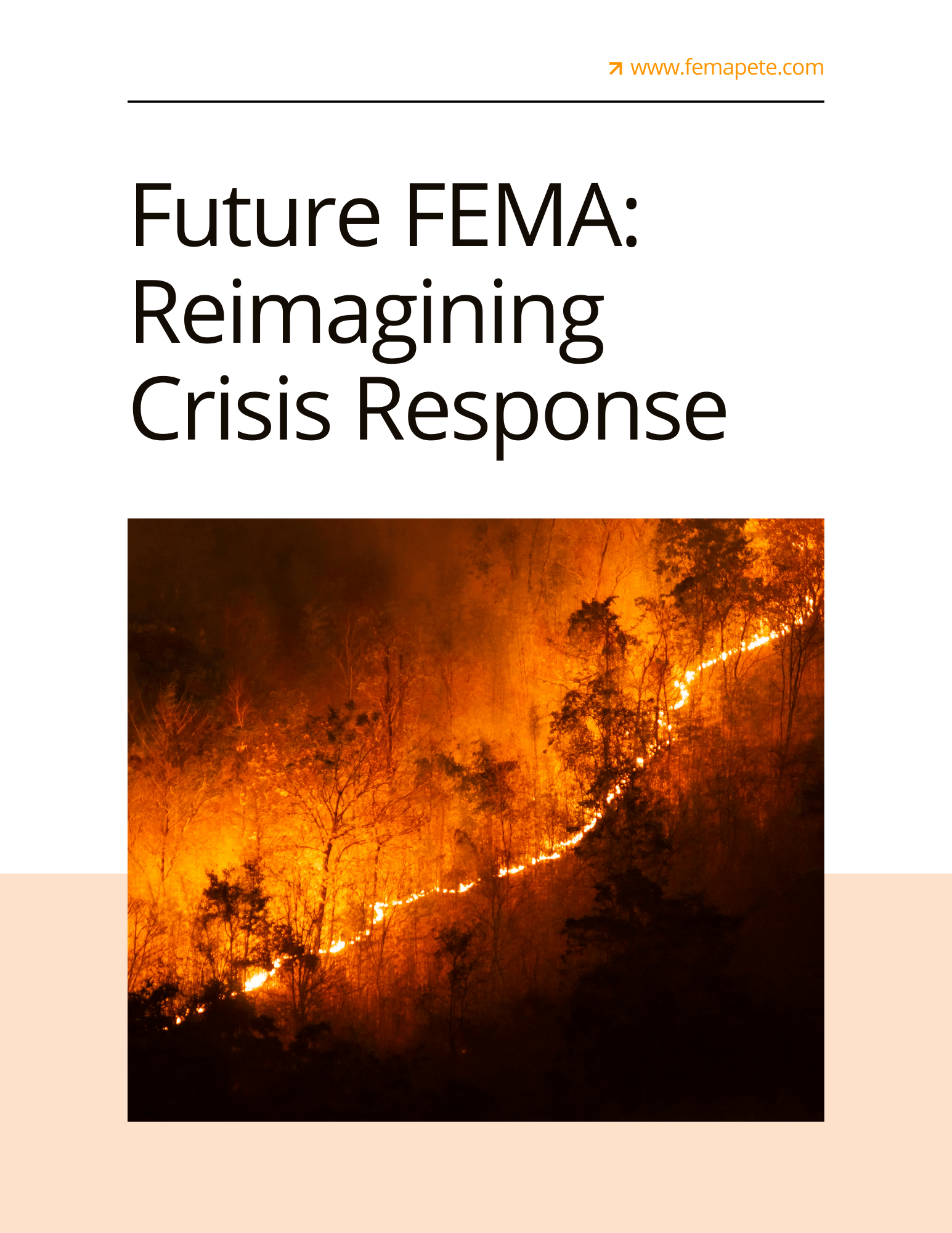
Blog
Stay informed—subscribe for valuable insights, expert articles, and leadership strategies
The AM for Every Vehicle Act is a Public Safety Necessity
The popular, bipartisan bill, which would prevent automakers from removing AM radio from their vehicles, received a motion for passage by unanimous consent in the United States Senate. While the rest of the chamber supported passage, Paul objected, stating that he saw the bill as nothing more than a way to preserve some Americans’ “favorite form of entertainment.”
The Evolving Federal Landscape for Emergency Management: A Conversation
The Belfer Center, with support from McKinsey, brought together a diverse group of leaders from the emergency management community to discuss the evolving nature of emergency management, the challenges the enterprise faces, and solutions and strategies to better prepare for the new, poly-crisis climate. Among those leaders were former FEMA Administrator Pete Gaynor and former Deputy Administrator Rich Serino.
Foreword to: Disaster Management and Information Technology
When a disaster strikes, managing time-critical information adds to the complexity for those disaster survivors in need of accurate information and is nearly impossible for those charged with making life-saving decisions to alleviate the pain and suffering of those survivors.
Smart Emergency Management Begins with Power Intelligence
What could smart emergency management look like? We have smart homes, smartphones, smart traffic control, smart farming, and much more. Our world runs on a network of diverse devices, systems, sensors, software applications, control systems, databases, and communication platforms. So, how, as emergency managers, can we use this knowledge?
Who Are We?
We are critical thinkers, problem solvers, and decision-makers. We are expert communicators, especially when lives are at risk. Did I mention our extreme organizational skills? We love being organized. If we had extra time (we don’t, so please don’t ask) we could reorganize your walk-in closet better than the pros. We can write a plan and more importantly, we can execute that plan.
Risks and Threats: The Nation’s Homeland Security Leaders Speak - Excerpt: Pete Gaynor on Water Security
In America, we don’t think twice about turning on the faucet and having clean water pour out. We take for granted that we will wake up each day and have access to clean, fresh water. But Earth has a growing water problem. Nearly three-quarters of the planet’s surface are covered in water, but our water ecosystems are being challenged.
The Next Generation of Emergency Managers
How do we engage the next generation of emergency managers. What do we need to teach them? How do we prepare them for success in a post-pandemic, climate changing, no-fail world? The profession of emergency management is much younger when compared against other public safety partners. The fire services’ formal history dates back to the early 1800’s and Napoleon Bonaparte, while organized police departments go as far back as the mid-1600's. Lots of history. Lots of trial and error. Lots of evolution.
In Desperate Situations, Give ‘Crazy’ a Try (Opinion)
During our early response, I realized that our ability to generate new innovative ideas to counter the lack of critical resources was fading. In some cases, it seemed like the harder we squeezed, the less and less “juice” we were able to produce. The struggle to generate novel ideas to overcome shortages ran parallel with our dwindling and hard-to-regenerate human resources.
Future FEMA: Reimagining Crisis Response
FEMA’s role dramatically changed after the COVID-19 pandemic. Congress had realized that the Nation had multiple and disjointed ways it responded to a variety of major crises. FEMA traditionally managed natural disasters, the Department of Health and Human Services managed public health emergencies, the Department of Agriculture managed food emergencies and the Department of Energy managed energy emergencies. The list kept going; there were as many different disaster response plans as there were governmental agencies.
A Case For Emergency Alerts From Space
Each year, wildfires, hurricanes, flooding, winter storms, tornadoes, and even non-disaster events like power outages expose some of the fault lines with our terrestrial-based emergency alert system. Without a functional network of ground-based cellular towers, fiber, and microwaves, emergency alerts can’t get to the people who need them the most—those in the path of an oncoming disaster.











